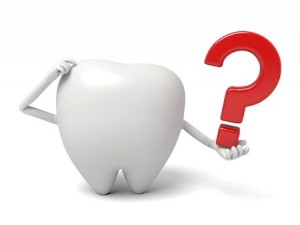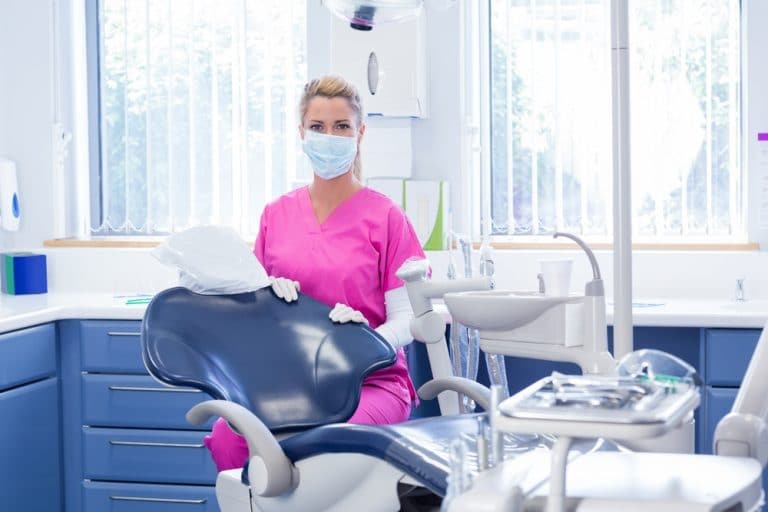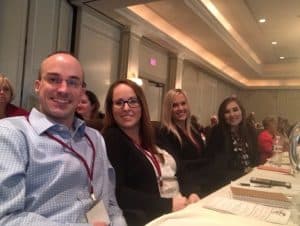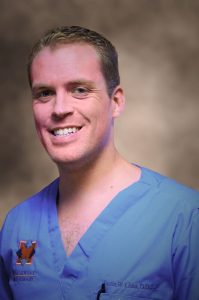We understand that dealing with the loss of one or more teeth can cause anxiety for our patients. Whether a tooth has been lost to injury, neglect, improper dental hygiene, dental caries or gum disease, it is important to replace the tooth (or teeth) in order to restore functionality and appearance. At Northwest Oral & Maxillofacial Surgery, patients are typically referred to us by general dentists who have diagnosed a condition which requires a surgical treatment, usually an extraction of one or more diseased teeth. Once the tooth (or teeth) is surgically extracted, how will it be replaced? Without a doubt, the best replacement option is a dental implant.
A dental implant is an artificial tooth root made from titanium, a biocompatible implant material which encourages the fusion of implant and bone. The implant is surgically anchored into the jaw and provides a foundation for restoration. It is this foundation which will preserve jaw bone and adjacent teeth and provide a long term successful solution to tooth loss. The placement of the dental implant is a surgical procedure and should be completed by a surgical specialist such as the surgeons at Northwest Oral & Maxillofacial Surgery who are experienced and skilled in the successful placement of dental implants. Each surgeon works closely with a patient’s general dentist to coordinate a treatment plan. In most cases, the oral surgeon will surgically extract teeth, prepare the jaw for implants with bone grafting if necessary, and finally surgically place the implants and abutments. A patient’s general dentist will complete a treatment plan by restoring the site with either a crown, bridge, or dentures.
When facing the need to replace missing teeth, the surgeons at Northwest Oral & Maxillofacial Surgery want to reduce a patient’s anxiety and encourage them to opt for dental implants that will provide the foundation for the successful restoration of functionality and appearance as well as preservation of jaw bone. For more information about dental implants or the surgeons at Northwest Oral & Maxillofacial Surgery, please visit texasoralsurgery.com.


 Is it time to have your wisdom teeth removed?
Is it time to have your wisdom teeth removed?


 We get it! Oral surgery isn’t fun. It’s no “walk in the park.” And while we can’t guarantee that it will be “easy as pie,” we can promise that you will be cared for by highly trained and experienced Board Certified Oral & Maxillofacial Surgeons in a safe surgical environment. And when it is all said and done, your recovery will likely be expeditious and uneventful.
We get it! Oral surgery isn’t fun. It’s no “walk in the park.” And while we can’t guarantee that it will be “easy as pie,” we can promise that you will be cared for by highly trained and experienced Board Certified Oral & Maxillofacial Surgeons in a safe surgical environment. And when it is all said and done, your recovery will likely be expeditious and uneventful.

